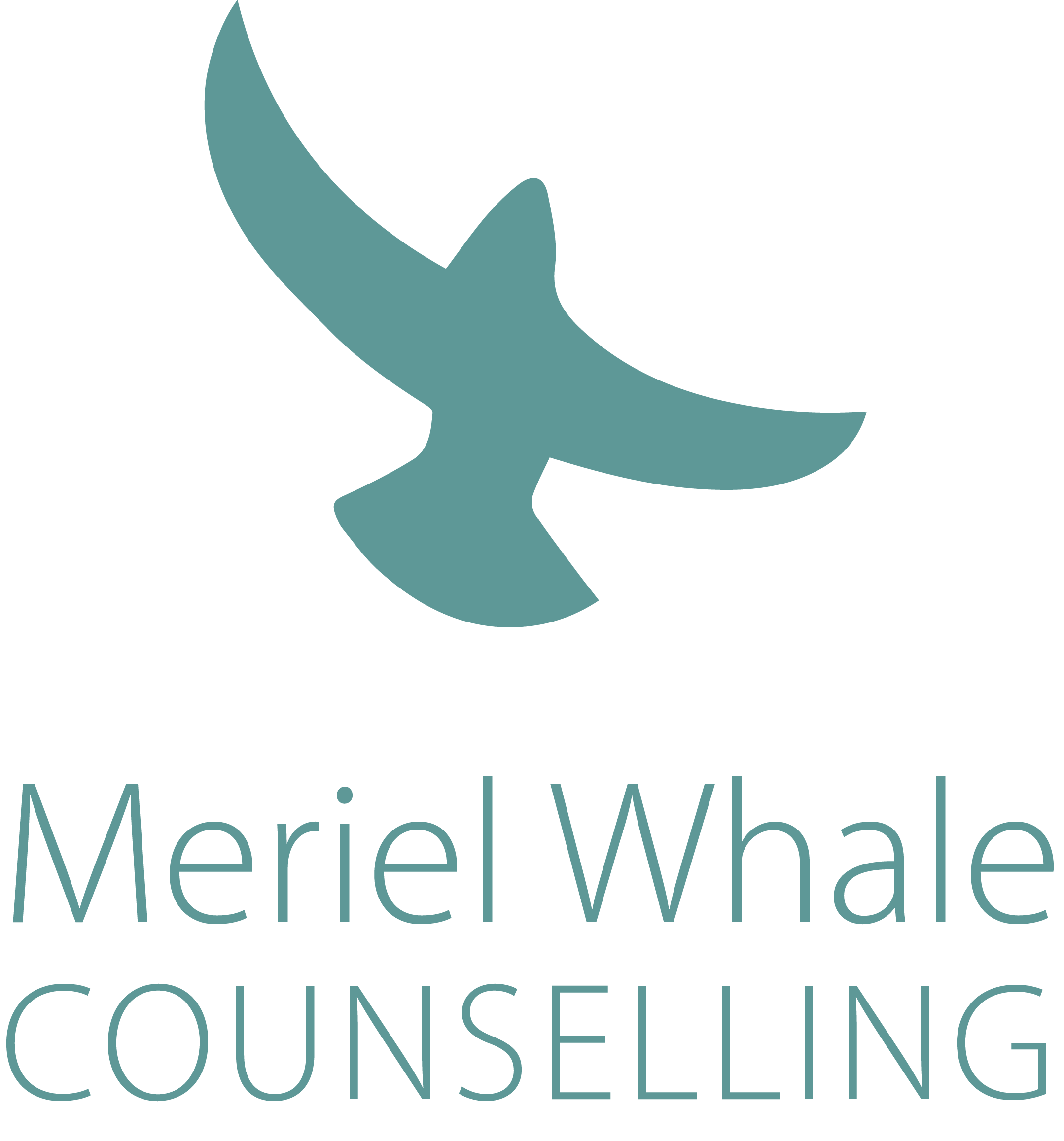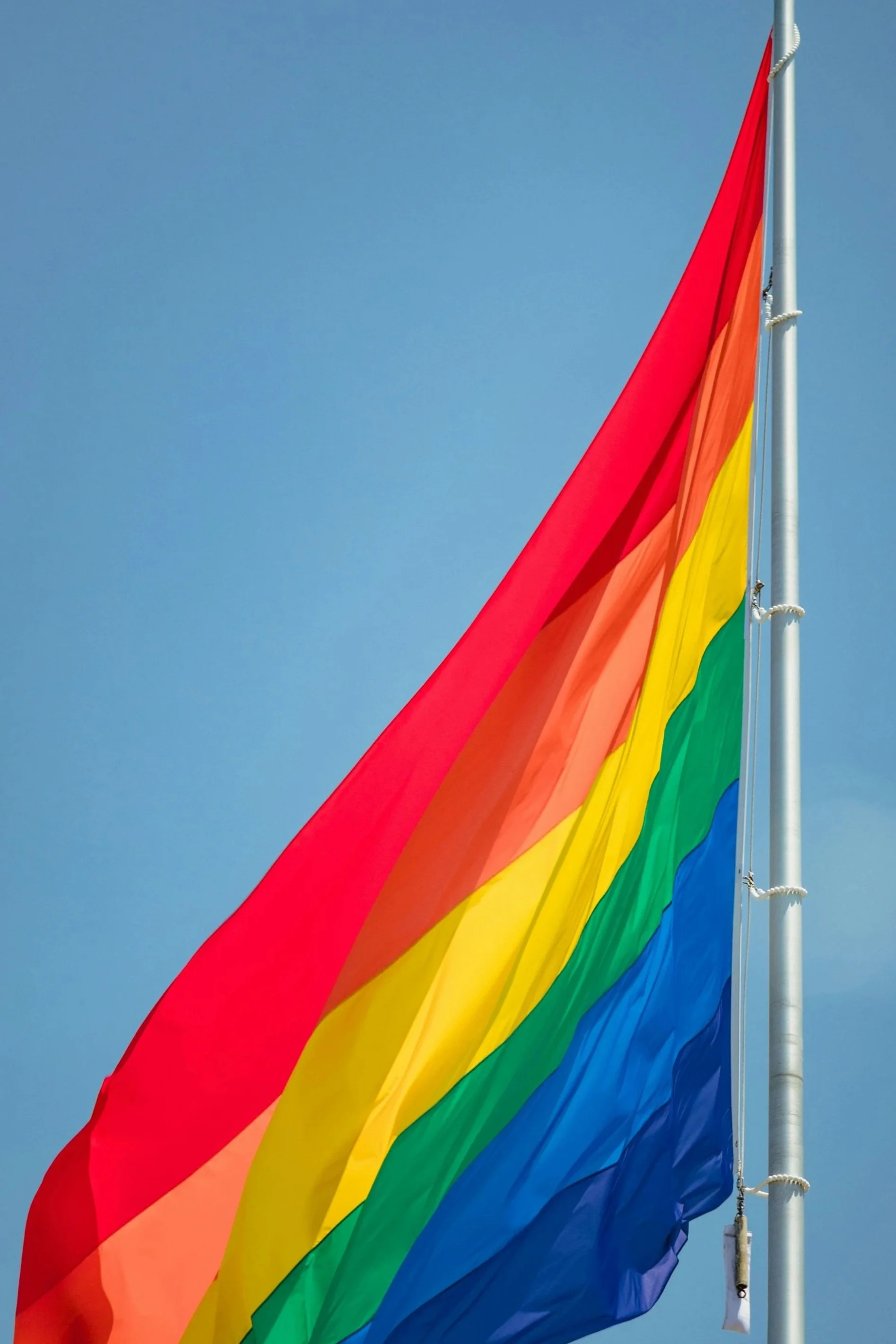Being childless and LGBTQIA+
For LGBTQIA+ or queer people, not having children is always part of a bigger picture, one that spans history and involves society, one affected by law as well as biology. For many childless people, childlessness begins with our body, a medical challenges that makes conception hard or begins with our personal history, reckoning with childhood trauma or an adulthood where meeting someone with whom to start a family was hard or even impossible.
But for LGBTQIA+ people, childlessness often begins with the law and with society and has to reckon with a history where queer people faced both prejudice and punishment, lack of knowledge and prurient interest into our personal lives, our bodies, our relationships. And history is still being made. The recent Supreme Court ruling defines ‘sex’ as biological sex, meaning that, under the Act, a woman is a biological woman and a man is a biological man and even trans people with a Gender Recognition Certificate, living as their innate gender identity dictates, are still biologically, the sex they were assigned at birth. So a trans man, under the Act, is a biological woman and a trans woman a biological man and will be treated accordingly.
For me, this is redolent of Section 28 of the Local Government Act, the law, enacted in May 1988, that was brought it to ‘prohibit the promotion of homosexuality…by local authorities’. This law which meant in practice that schools, for example, were unable to support LGB pupils and that LGB educators had to keep their sexuality a secret at work. A code of silence descended which had a negative impact on a generation of LGB people, including myself, and the law wasn’t changed until 2000 in Scotland and 2003 in the rest of the UK. There was only one form of family relationship which could be talked about and supported and other types of families were cut off from discourse at the time. There were similar situations in other countries.
A young LGB person at school in the UK at this time would not receive any education or support regarding their identity and the impact of this, while different for different people, has affected LGB people’s access to information about parenting, to IVF, to adoption and fostering and to alternative family formation. But inequality began before the 1980s. In the twentieth century, lesbians could lose custody of their children when they separated from husbands or partners and LGBT+ people could often be prevented from accessing IVF, often without the real reasons being given. Regulation for fertility clinics wasn’t introduced until 1991 and even after that, anecdotal evidence shows that lesbians still found it hard or impossible to access fertility support. Equal rights for same gender couples applying for adoption weren’t granted until 2002 (UK except Scotland) and 2007 (Scotland) and it wasn’t until 2008 that the Human Fertilisation and Embryology act would recognise same gender couples as legal parents to children conceived through the use of donated sperm, eggs or embryos.
LGBTQIA+ people have always been perceived as different, as a threat, as a challenge, as an identity that should not be promoted or allowed to continue. It wasn’t until 1990 that the World Health Organisation stopped describing same-sex attraction as a mental illness and decriminalisation of homosexuality didn’t begun until 1967 in the UK. Imagine generations of people facing homophobia and transphobia in every aspect of their life, with no affirmation, support or education, with no equality at work, in education or in healthcare. What would it be like to try and become a parent at that time, or even think that it was possible to do so?
There is a generation of LGBTQIA+ childless people out there and I would like to hear your voices, to invite you to contact me and share your stories, truths and personal histories that will tell the world what it is like to be both LGBTQIA+ and childless not by choice.
This blog was first published as part of World Childless Week 2025: https://worldchildlessweek.net/tues25/breaking-the-code-of-silence
https://www.bbc.co.uk/bbcthree/article/cacc0b40-c3a4-473b-86cc-11863c0b3f30
https://www.nationalarchives.gov.uk/education/resources/the-history-of-lgbtq-rights-in-britain
https://www.stonewall.org.uk/resources/key-dates-lesbian-gay-bi-and-trans-equality
https://www.thefullstoppod.com/listen/episode-19-lgbtqi-and-childlessness-u
https://gateway-women.com/book/ includes the voices of LGBTQIA+ women

